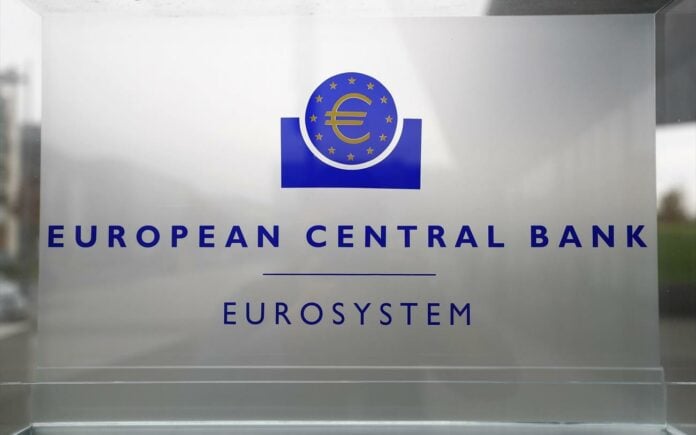The European Central Bank (ECB) will examine 37 euro area banks as part of the 2018 EU-wide stress test conducted with the European Banking Authority (EBA). In line with the EBA’s selection criteria, these banks, which are directly supervised by the ECB, represent 70% of total euro area banking assets, a relevant press released stated on Wednesday.
The EBA will coordinate the EU-wide exercise in cooperation with the ECB and national authorities. The results of the stress test will provide stakeholders and the public with information about the resilience of banks, notably their ability to absorb shocks and meet capital requirements under adverse macroeconomic conditions.
The EU-wide stress test being launched today will be conducted according to the EBA’s methodology, templates and scenarios. Results of individual banks are expected to be published by 2 November 2018.
The four Greek banks directly supervised by the ECB will undergo the same stress test under the EBA scenario and methodology. However, in order to complete the test before the end of the third European Stability Mechanism stability support programme for Greece, the timetable will be accelerated and the results are expected to be published in May.
The ECB will conduct its own stress test in parallel for those significant institutions not covered by the EU-wide EBA stress test. This, while consistent with the EBA methodology, will also consider the smaller size and lower complexity of these institutions. Stress test results for all significant institutions will be used to assess the Pillar 2 capital needs of individual banks in the context of the Supervisory Review and Evaluation Process (SREP).
The ECB stress test will also support macroprudential supervision. Using its own top-down stress-testing framework, the ECB will cross-check banks’ (bottom-up) submissions and assess the macroprudential implications of the exercise.














